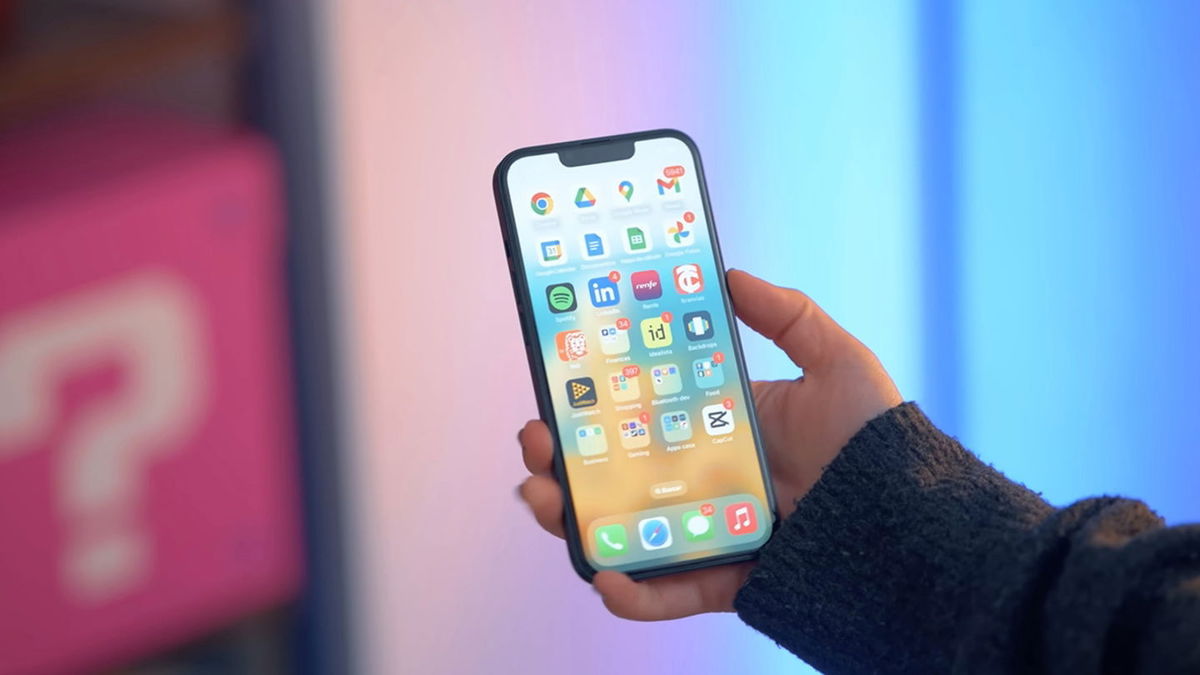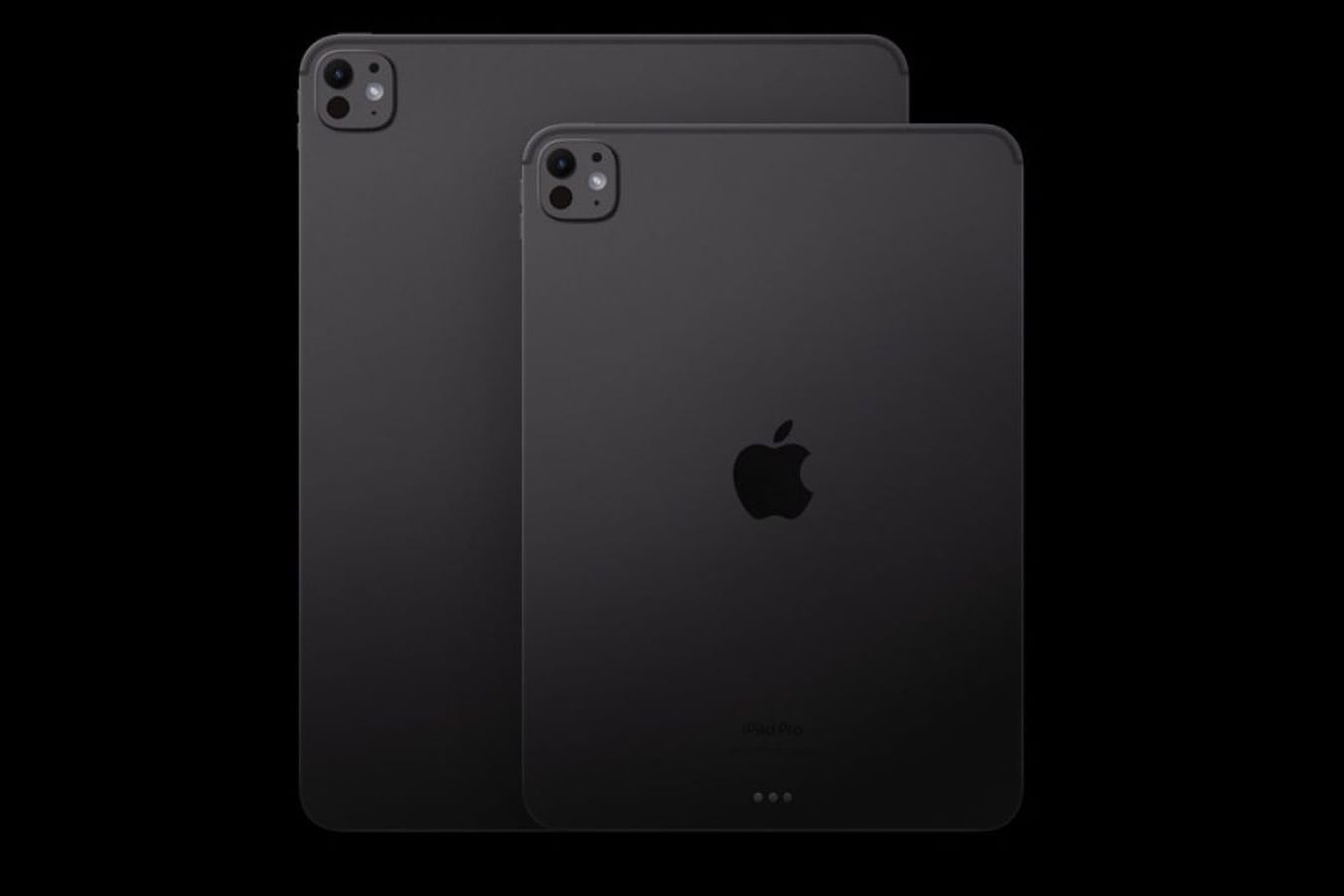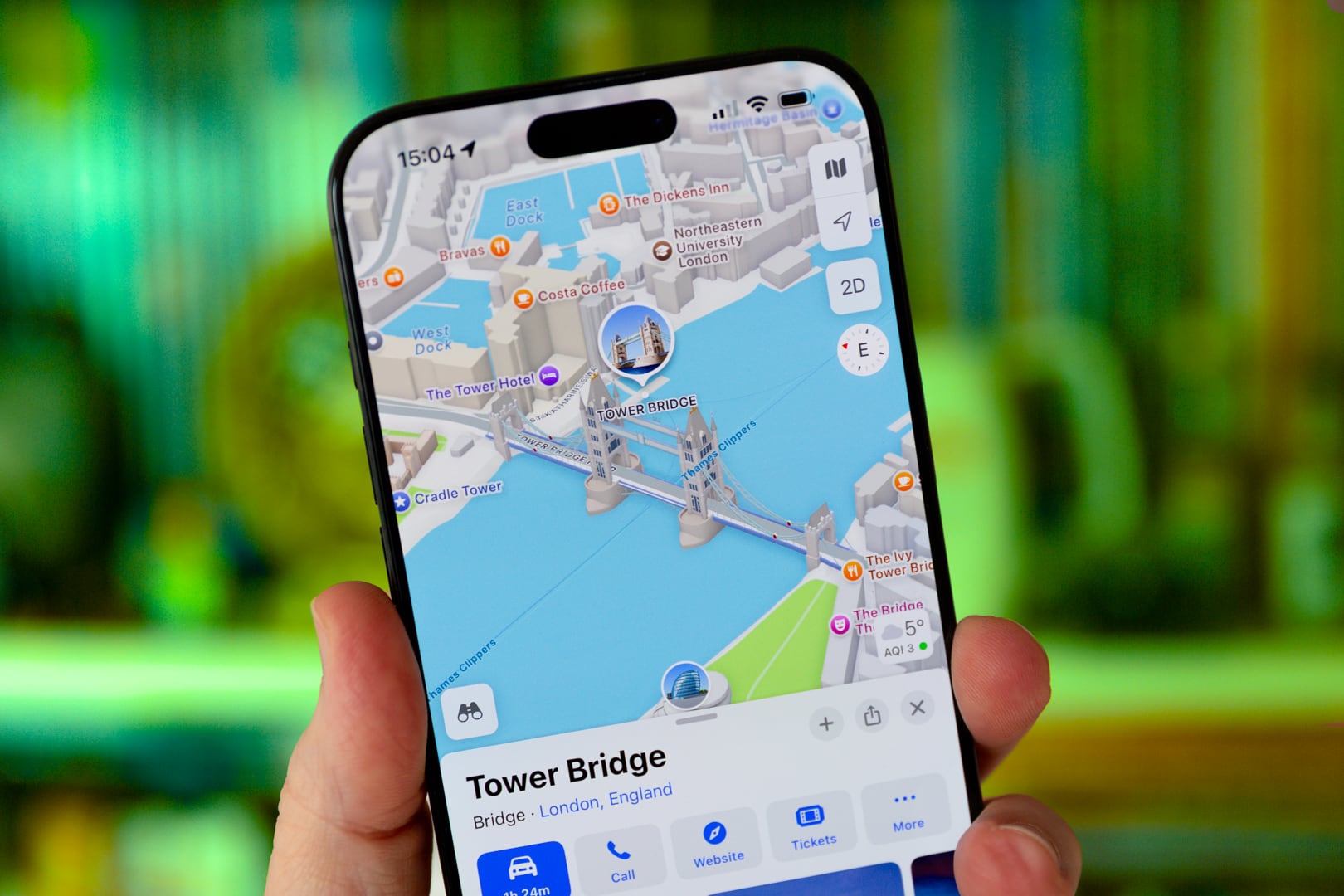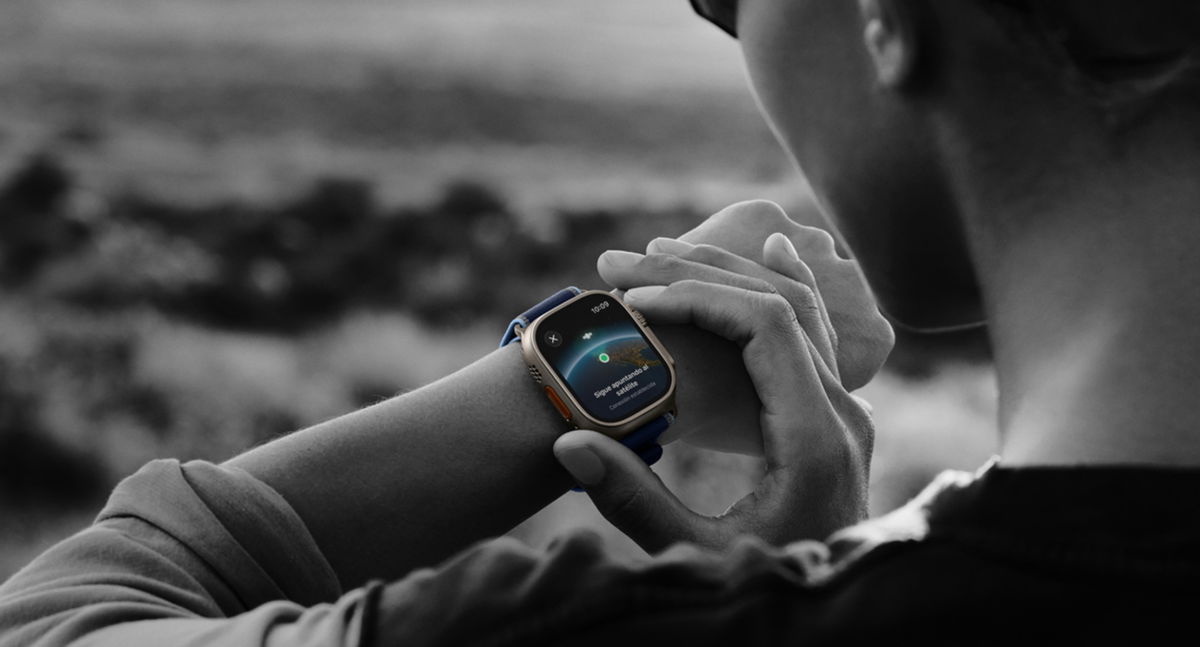Throughout history, technological innovation has played an important role in shaping our world. From the first stone tools or the wheel to impressive machines and technologies, numerous inventions have contributed to the progress and advancement of civilization. The list of innovations is long, but here we will focus on some of them. most impressive technological inventions which have changed our daily life from its beginning to its current influence.
The invention of the printing press by Johannes Gutenberg in 1440 was a historical milestone. This allowed the mass production of books, especially the spread of religious ideas and increased literacy in Europe. This innovation eased the transition from the Middle Ages to the Renaissance, stimulating intellectual and cultural development. Although it was feared that the printing press would have a negative impact on employment, it actually contributed to a thriving publishing industry and the spread of knowledge. The first printed work was the Bible, ushering in an era of expanded access to information and culture.
Steam engine
James Watt’s invention of the steam engine in 1775 was a major milestone in history. This innovation revolutionized transportation and manufacturing, leading to the First Industrial Revolution. He transformed an economy based on agriculture and trade into an industrial power with unprecedented production. Its impact on employment was significant, leading to the creation of a middle class and urban growth. Likewise, the steam engine gave birth to locomotives, steamships, and automobiles, paving the way for internal combustion engines and aviation.
Telephone
The telephone revolutionized communication, making it possible to speak instantly over long distances. In an effort to improve the telegraph, Alexander Graham Bell researched voice transmission until he patented the telephone in 1876. This achievement, one of the most important achievements of the Second Industrial Revolution, marked the beginning of modern society, laying the foundation for mobile telephony. Previously, to establish a call, you had to connect cables manually, but with the creation of the telephone network, this process was automated, making communication even easier.
Electric lamp
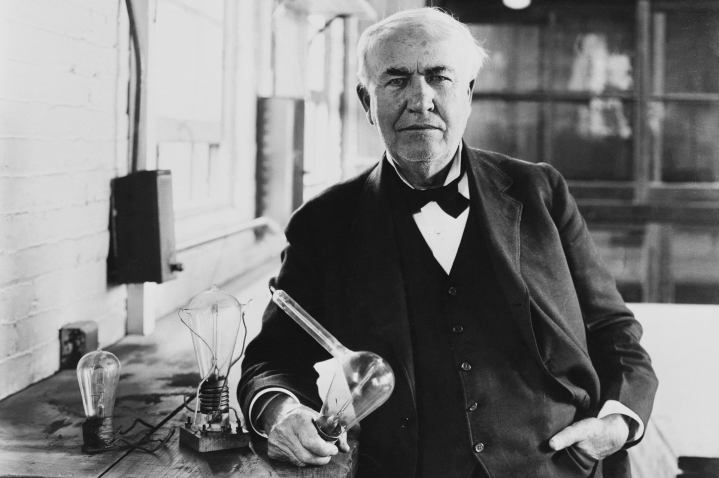
Although the invention is credited to Thomas Edison in 1880, the development of the light bulb included Humphry Davy, Matthew Evans, Warren de la Rue and Joseph Wilson Swan, with whom Edison disputed the title of inventor. Considered one of the most important inventions since the discovery of fire, this invention revolutionized everyday life by bringing light into homes and workplaces. Electric lighting became a key factor in economic growth, extending working hours and facilitating the development of power plants and home appliances.
Airplane
The airplane became one of the most revolutionary inventions in history. In 1903, the Wright brothers achieved a milestone by creating the first powered airplane, the Wright Flyer, which defied gravity for 12 seconds. This achievement laid the foundation for aviation technology and served as inspiration for the development of commercial aviation. Later, in 1927, Charles Lindbergh became a hero by completing the first non-stop Atlantic crossing. Since then, the air transport industry has played a key role in developing trade, culture and tourism, contributing to global economic prosperity.
Personal computer (PC)
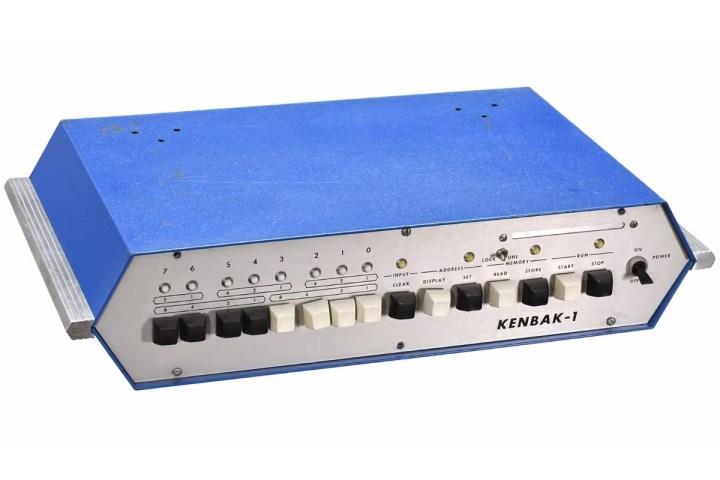
The personal computer (PC) has revolutionized modern life, changing the way we work and live. From the invention of the transistor in 1947, which ushered in the development of personal computers, to the advent of the microprocessor in 1971, these technological advances have enabled the creation of smaller, more efficient electronic devices. The Kenbak-1, created by John Blankenbaker the same year, was the first personal computer. Then, in 1973, Micral and Xerox Alto laid the foundation for home computing with the introduction of the graphical interface and mouse. And in 1975, the Altair 8800 included Microsoft Basic, developed by Bill Gates and Paul Allen, marking a major milestone in the evolution of the PC.
Internet
The advent of the Internet has played a decisive role in the evolution of modern society. From the initial connection of four university computers to the ARPAnet in 1969 to Vinton Cerf’s development of the Transmission Control Protocol (TCP) in the late 1970s, each advance paved the way for today’s digital transformation. The introduction of the World Wide Web by Tim Berners-Lee in 1991 was a major milestone, enabling unprecedented global connectivity, transforming the way information is shared and communicated, and fostering economic, social and cultural growth around the world.
Cellular telephone
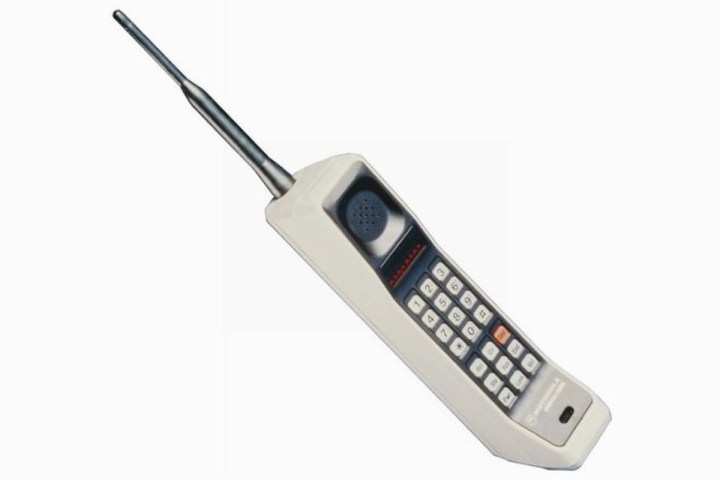
The Motorola DynaTac 8000X, released in 1983, marked a communications milestone by being the first cell phone small enough to be carried, although its battery lasted only 30 minutes. Initially, mobile phones only allowed us to make calls, but over time they began to offer new features and became multifunctional devices that allow us to surf the Internet, chat, take photos, listen to music and update social networks. Smartphones have become important tools in our personal and professional lives, changing the way we communicate and live.
Artificial Intelligence (AI)
Alan Turing, the forerunner of modern computing and considered the father of artificial intelligence, published his work Computer technology and intelligence in 1950, which led to the creation of the Turing test, used to evaluate the intelligence of computers. However, the term “artificial intelligence” was coined by John McCarthy in 1956, with the advent of the Logic Theorist program. Since then, artificial intelligence has permeated our daily lives through voice assistants, facial recognition, autonomous vehicles, and content-generating chatbots. But this is just the beginning: AI is expected to become increasingly ubiquitous, transforming industries such as healthcare, banking and transportation.
Source: Digital Trends
I am Garth Carter and I work at Gadget Onus. I have specialized in writing for the Hot News section, focusing on topics that are trending and highly relevant to readers. My passion is to present news stories accurately, in an engaging manner that captures the attention of my audience.

